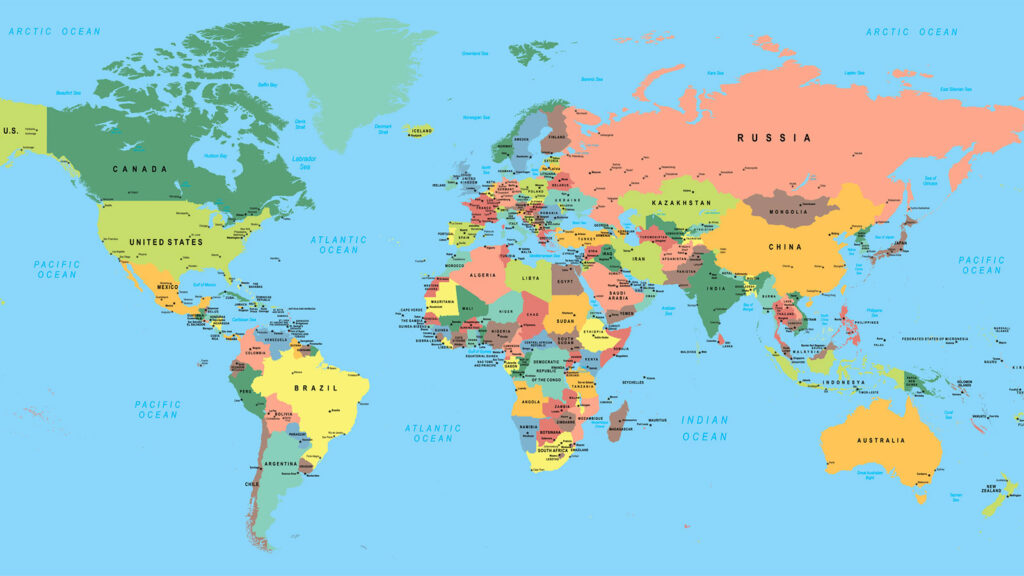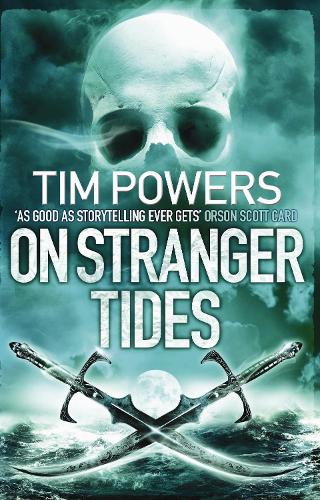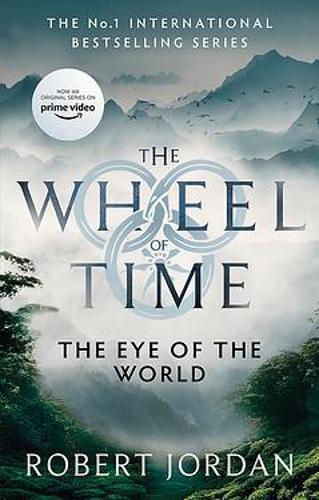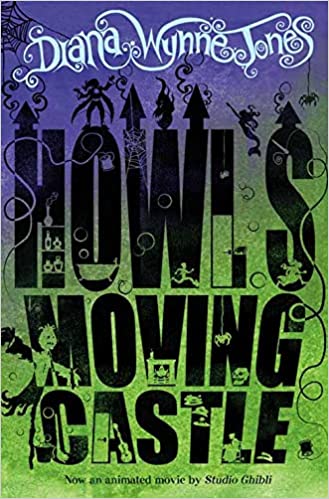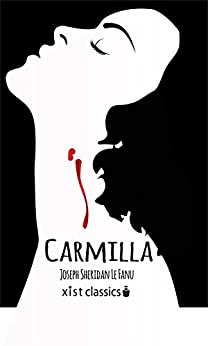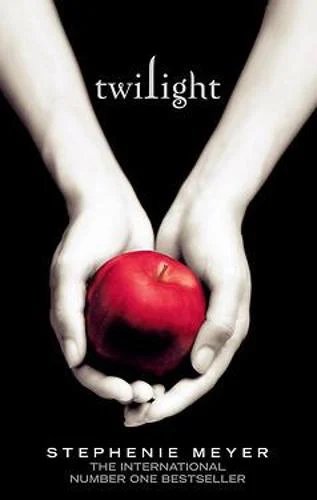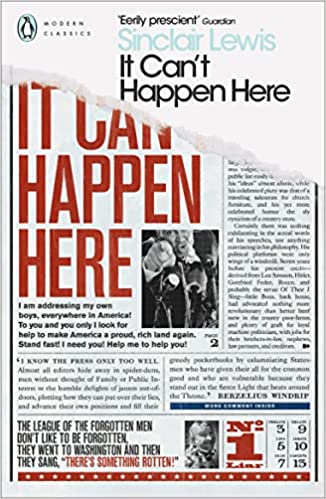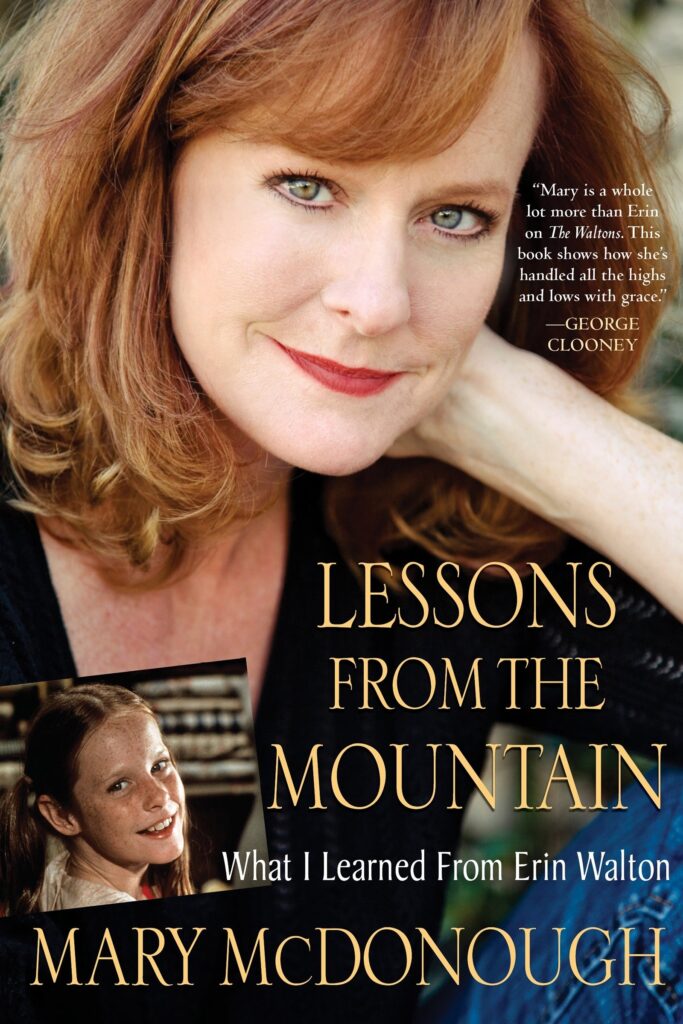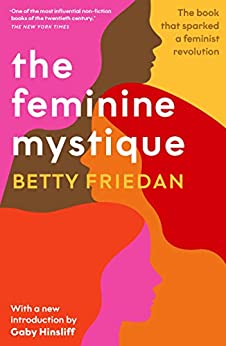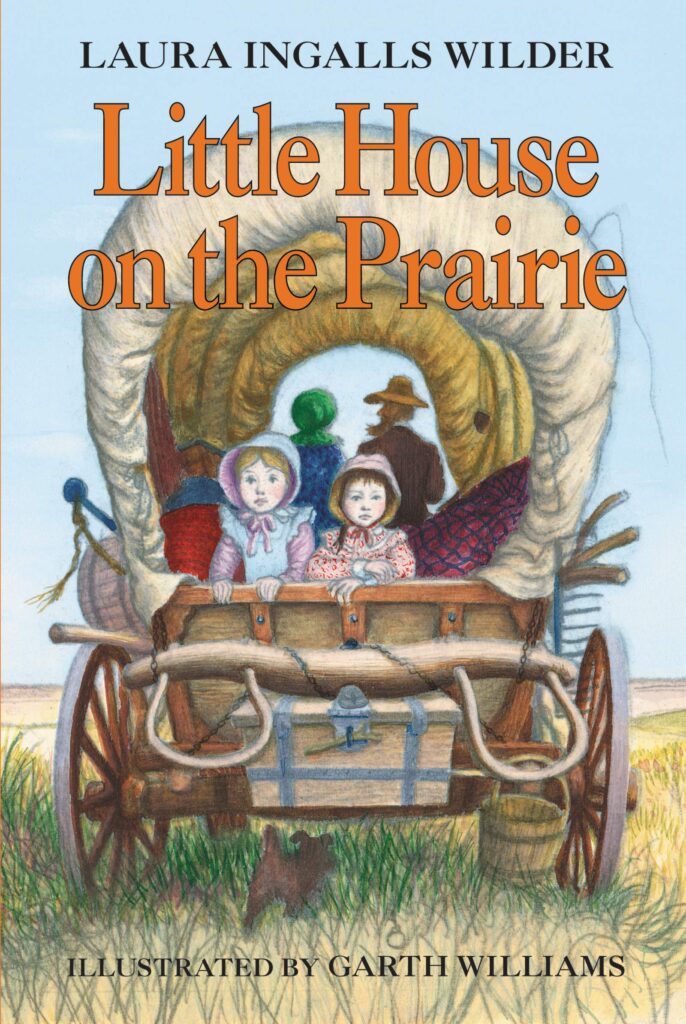
The third book in the Little House series (the one that would lend its name to the 1970s TV adaptation and ultimately become the name that most people use to refer to the series as a whole), returns to the story of Laura and her family, after focusing on Almanzo Wilder in the second book – I was delighted by the return to the Ingalls family, because the story of Almonso was significantly less appealing to me.
When it started off, it was just as good as the first book – the story of them moving on and finding a new home, and the perils they faced while on their journey, was something that I really enjoyed reading. It managed to successfully capture that same magical feeling that the first book had, and I found myself drawn into the American wilderness with them.
Once they get to the prairie and settle in their new home, they encounter some of the indigenous people who were living in America at the time. At this point, things start to become pretty uncomfortable, because the people who live there are frequently spoken about as if they are lesser than the white settlers, culminating in a scene where somebody comments “the only good Indian is a dead Indian” and is barely condemned for it.
Much of the book is about the tension between the settlers and the native people, and I get that that sort of environment will lead to hateful and negative perceptions. Indeed, at one point, some indigenous people essentially just come in and help themselves to the Ingalls’ supplies, an experience which was no doubt going to be upsetting for the young Laura, and ultimately something that soured her opinions of the native people at large.
Nonetheless, I don’t think it excuses the huge amount of negativity expressed towards the indigenous people throughout the book. Laura’s mother, in particular, comes across as rather unlikeable due to her extremely prejudiced attitude, but it feels like we’re supposed to just accept it as her being overly cautious – her thoughts on the matter, like the statement mentioned above, are never really challenged.
While I definitely think it’s important that this kind of thing is explored and written about accurately, I would have just liked to see the hateful attitudes challenged more, rather than just left to stand… especially in a book for children.
Having said that – I don’t think that the author herself wrote this book intending to come across this way. Throughout the book, her father, Charles, is friendly towards the indigenous people, and tries to encourage everyone to treat them just like everyone else. Laura herself at one point watches them going by and fantasises about living like them and ‘running naked through the fields’ or something like that, which at very least shows that she has some admiration for their way of life.
I guess it’s important to consider it as a product of its time, and to think that the way in which these subjects are written about wouldn’t have seemed controversial at all for the time. Indeed, I have certainly read a lot worse, and I do appreciate that some of the indigenous peoples turned out to be genuinely good people, but it felt more like it was saying “see, they’re not all bad” rather than “these are literally human beings just like us”.
Of course, it’s always going to be a very sensitive subject, especially for people writing first-hand accounts of things they experienced as children, but overall, it did rub me the wrong way more than a few times, and I think a lot of modern readers might struggle with this.
I won’t spoil it, but I did think the ending was pretty good though (and it made me feel less bad about the seemingly insensitive parts), and a part of the story that deals with malaria was also particularly fascinating reading. In the end, it was a book that I enjoyed, even if it did have its flaws – on another positive note, it does also tell the story of an African American doctor who is written about in only positive ways, which is progressive for the time it was written, and even moreso for the time it happened.
While I don’t think that this lives up to the first book, it definitely felt like an improvement over the second. I wonder whether the magical quality of the first book in part comes down to the fact that Laura was so young when she wrote it, but we shall see – I’m cautiously optimistic about the quality of the next book.
Rating: 7.5/10




